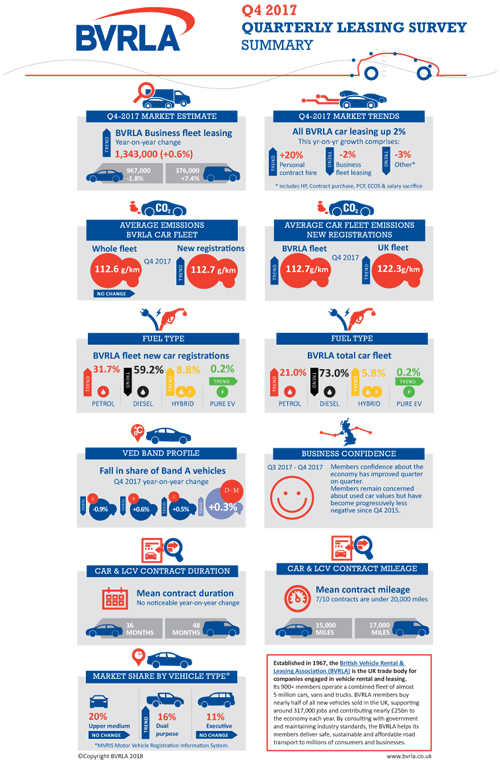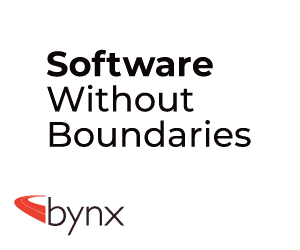
A shift away from diesel is pushing up average carbon dioxide emissions among UK fleets, according to the British Vehicle Rental and Leasing Association.
By the end of 2017, average CO2 emissions from new cars registered by its leasing company members reached 112.7g/km, the highest level since 2015, following steady rises since late 2016.
CO2 is a key greenhouse gas that causes global warming and there has been a decades-long focus on reducing emissions by world leaders to minimise climate change.
The increases come amid growing concern about the future treatment of diesel by the government, in the wake of Dieselgate, diesel-specific tax rises and repeated negative comments about the fuel by some ministers in relation to health concerns over its use in urban environments.
This has led to fleet customers of leasing companies switching their purchasing policies, predominantly towards petrol vehicles, which tend to be less fuel efficient and produce higher levels of CO2.
Between Q3 2017 and Q4 2017, the proportion of new registrations by BVRLA members that were petrol rose from 29.7% to 31.7%.
Diesel registrations fell from 63.4% to 59.2%, reflected a Europe-wide shift away from the fuel.
The proportion of registrations accounted for by hybrids rose from 6.7% to 8.8%, while pure electric vehicle demand remained unchanged at 0.2% of orders.
The changes identified by the BVRLA are important because its members account for such a large proportion of new cars registered each year.
Its members operate a total fleet of more than 1.3 million leased vehicles, covering nearly 1 million cars and almost 400,000 vans.
Customers of its leasing company members tend to be the first to adopt new technology, with typical replacement cycles of three years for cars.
Recently, the BVRLA urged the government to review its tax policies to provide clarity and encouragement for fleets to adopt the lowest emission vehicles.
Currently, taxes for some of the greenest vehicles are increasing ahead of new company car tax bands set to be introduced in 2020.
The association has written to the government urging it to accelerate the introduction of the planned changes.
BVRLA chief executive Gerry Keaney said: “Our members are keen to accelerate the uptake of newer and more efficient vehicles and are already responsible for the majority of plug-in registrations.
“They tell us that the current company car tax regime is making these vehicles less attractive to employees.”



